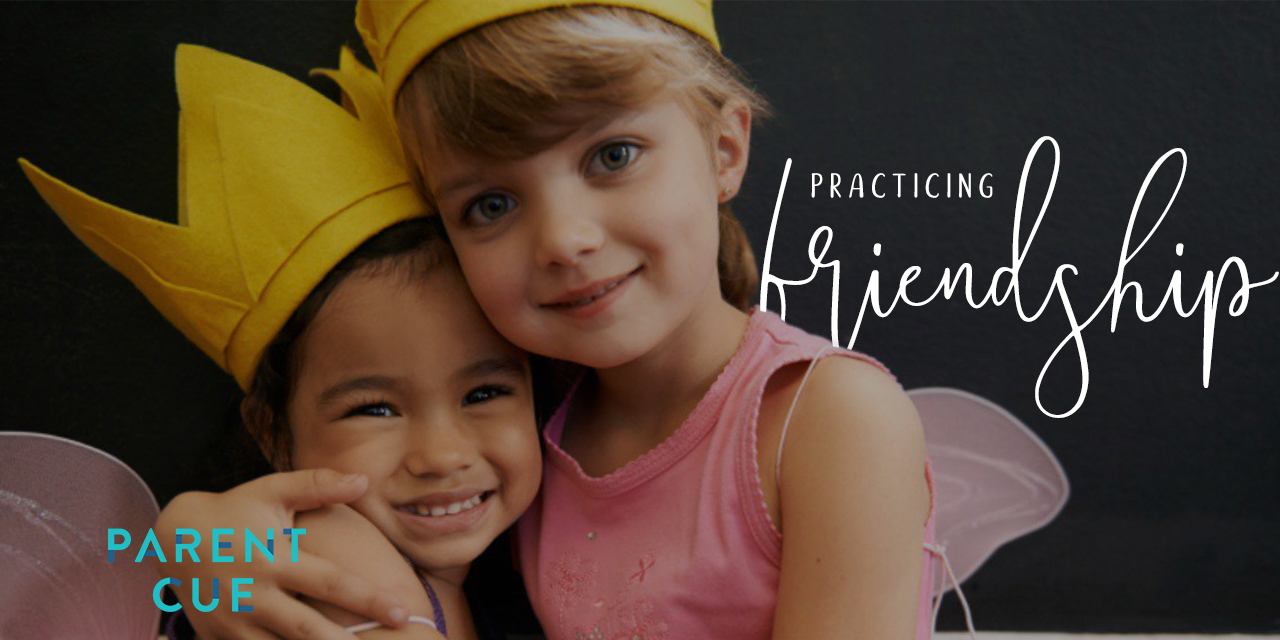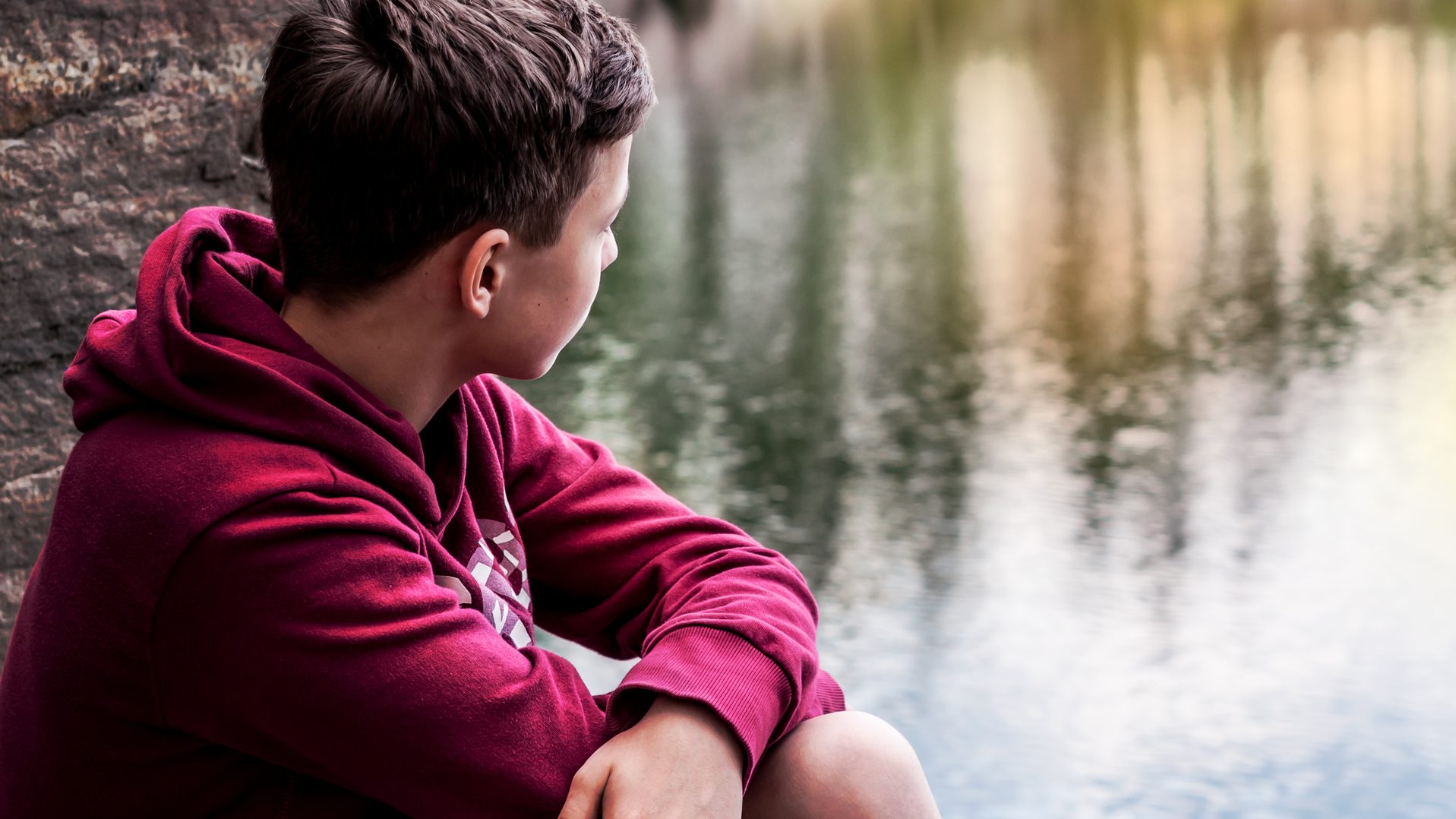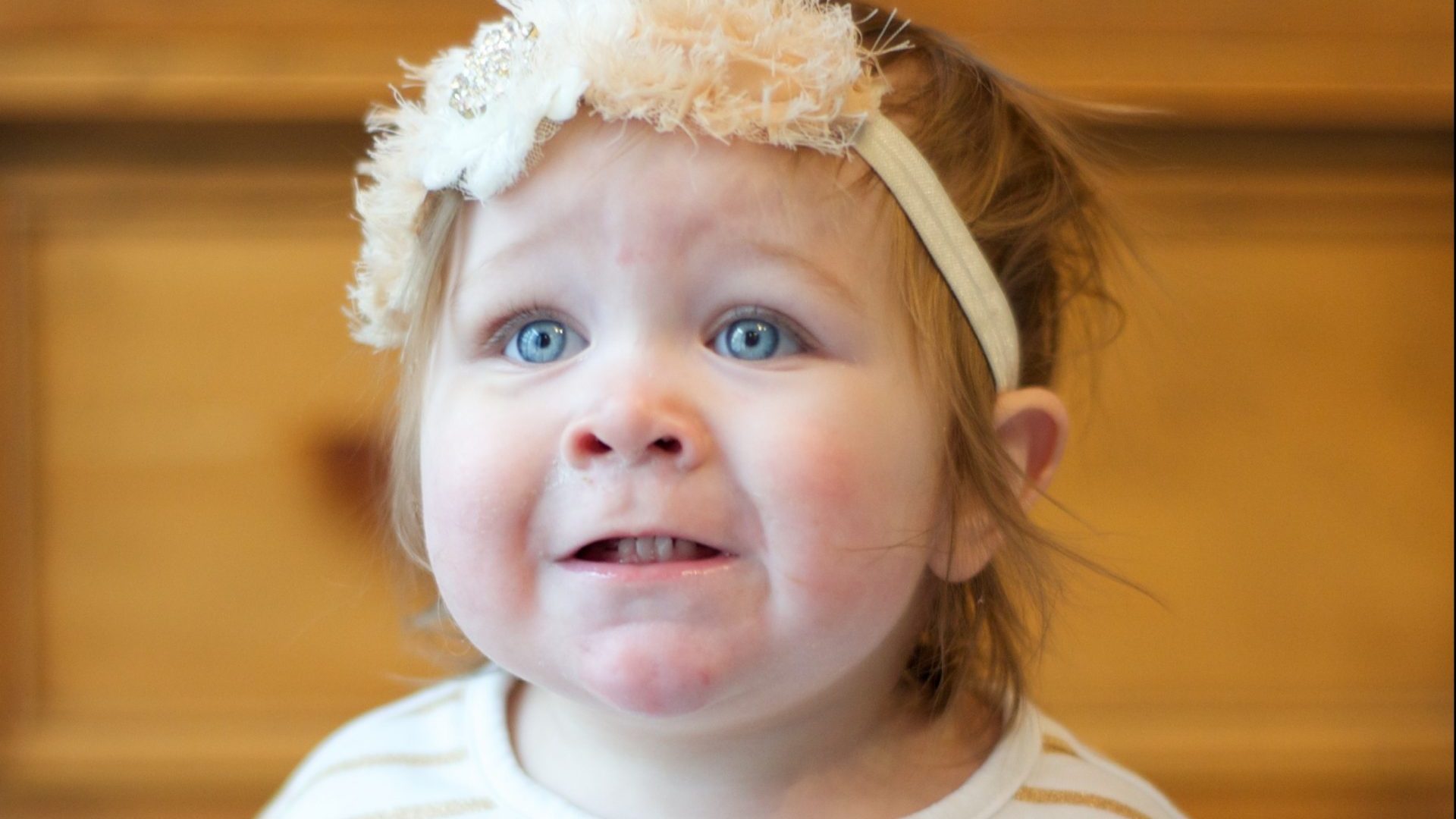
If you were a fly on the wall of my house between 5:00 and 5:30 pm you would observe something that—after some time—you might describe as dinner.
You would notice how seemingly haphazard, disorganized, and muddled it was, but at some point, you might be able to discern an actual meal emerging from the chaos.
To be honest, dinnertime is not my favorite time. Not with preschoolers.
In fact there was a time when when family dinnertime was sacrificed on the altar of our sanity. It required too much juggling, sitting down and getting up, dropped forks, spilled cups, and requests for more napkins by surprisingly messiness-aware toddlers to make it worth the toll is was taking on my emotional well-being.
So we gave up family dinners and we subtly eased into eating dinner after the boys were already in bed. When it so was much more . . . quiet, relaxing, and conducive for conversation.
It felt normal mealtime.
It seemed like a win all around.
When I think back to my growing up years and our family dinners around the kitchen table. . .
I remember our pickiness as kids—I only ate the bottoms of broccoli and my brother the tops.
I remember our insane requests—my sister insisted her green beans were canned and not fresh.
I don’t remember conversations.
I don’t recall pivotal memories.
I can’t bring to mind significant moments that happened there.
It turns out I don’t remember much about my family dinners at all. Except that they happened.
In The Art of Family: Rituals, Imagination, and Everyday Spirituality, author Gina Bria quotes Monica Wilson, an early researcher in African rituals, as saying, “Rituals reveal values at their deepest level…[expressing] what moves people most.”
Which made me see why dinners together are more vital to the health of our family than I had originally thought—even though they can be just as equally maddening.
Not because of what happens during them, but because of what they represent.
Because they bring to light something our kids can see matters to us—without us having to tell them.
They can participate.
They can be present.
They can be a part of something we don’t have to waste our breath convincing them is important because they observe it happening on a regular basis.
So family dinnertimes were resurrected. And now, we all eat together at 5:00pm.
Yes, my husband and I are starving again at 8:30pm.
Yes, there is more grazing our plates, or stuffing our faces, than actual time spent in our chairs.
Yes, 80% of the conversation is teaching two boys how to act like human beings at a dinner table and not animals.
Yes, it is tiring.
But we aren’t looking for remarkable memories to be made. We’re looking for rituals to be started. Because the point isn’t even really the meal. The point is for our kids to one day look back and recall just enough about dinners together to know they happened. That the time at the table was valued. That there wasn’t necessarily magic every time we got together, but we cared enough about each other to be at the same place at the same time with no distractions. And that time in each other’s presence is always worth fighting for.
And it’s worth fighting for because the people who mean the most to us in the world are in one place, without distraction of phone or TV.
Just a few weeks ago our family of four drove twelve hours to meet up with my parents and siblings and nieces. It was a great vacation. Crabbing. Bike-riding. Kite-flying. Sand castle-building. Ocean-playing. And dinners at the kitchen table. And for all the tangible memories made, the thing that anchors my recollection of that trip is the repetition of what has become a time honored and generationally valued ritual.
Shared meals.
Shared conversations.
Shared laughs.
Shared values.
Sometimes it’s messy. Often times its inconvenient. But family dinners together will always create a track in our minds and the minds of our children that time at the table is honored—not because of what is done there or what is said there, but because of who is gathered there.
 Sarah Anderson writes for the XP3 student curriculum at Orange. She is married to Rodney Anderson and is mom to two beautiful bouncy boys, Asher and Pace. Follow her on twitter @sarahb_anderson.
Sarah Anderson writes for the XP3 student curriculum at Orange. She is married to Rodney Anderson and is mom to two beautiful bouncy boys, Asher and Pace. Follow her on twitter @sarahb_anderson.




